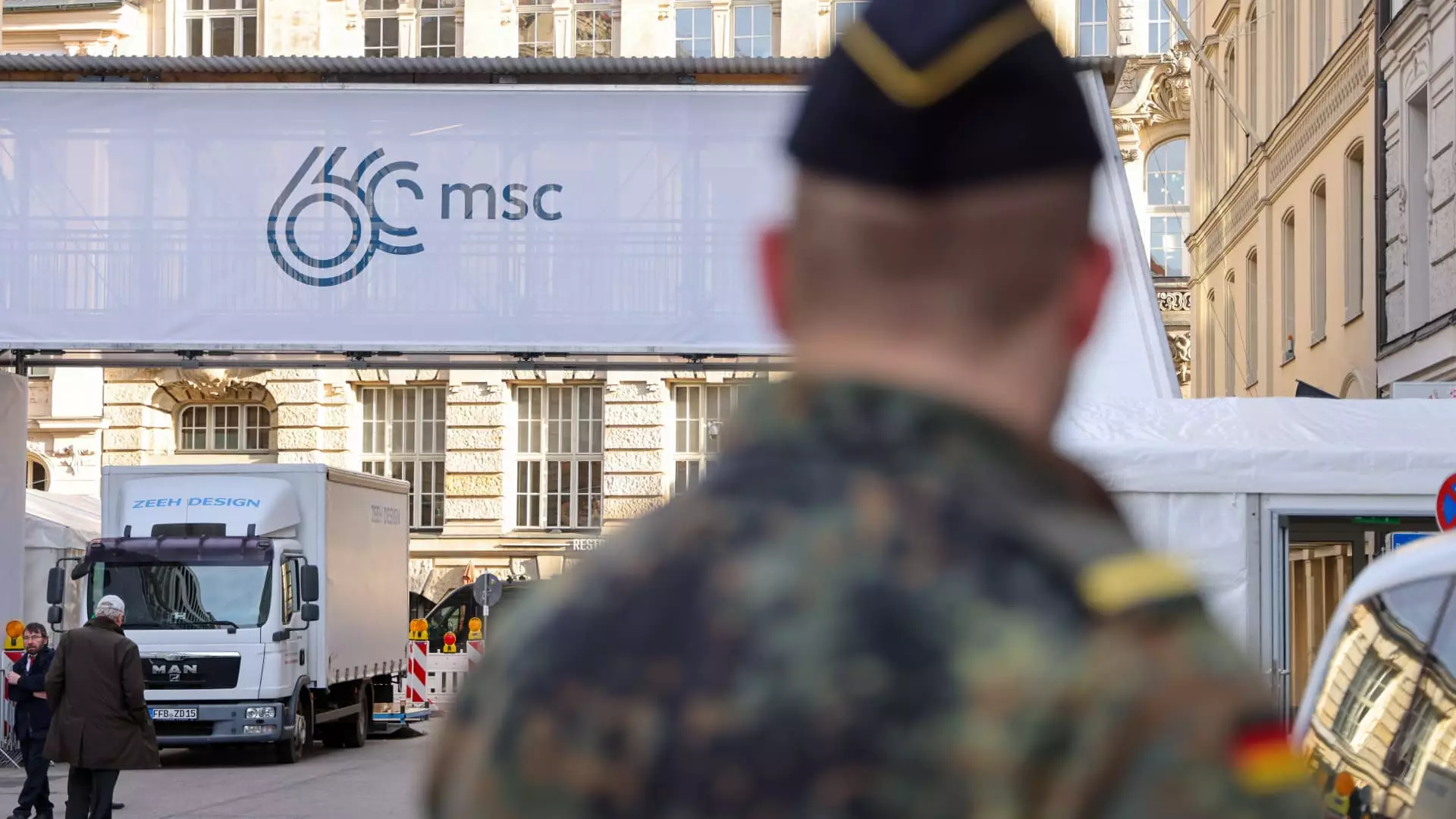The Munich Security Conference, often referred to as the “Davos of Defense,” is an annual gathering of global leaders to discuss current and future global security issues. This year’s conference, held in Munich, Germany, is particularly significant as it marks its 60-year history. With an estimated attendance of 60 heads of state and over 85 government officials, the event promises to be a platform for crucial discussions on pressing matters.
The Focus on Ongoing Wars and Conflict Resolution
One of the central topics to be discussed at the Munich Security Conference is the ongoing wars in Europe and the Middle East, along with the potential paths to resolution. The presence of Ukrainian President Volodymyr Zelenskyy highlights the urgency of finding solutions as Russia’s full-scale offensive enters its third year. While Zelenskyy seeks additional military and financial support, the devastating Israel-Hamas war and its impact on Gaza will receive attention through the addresses of Israel’s President Isaac Herzog and Palestinian Prime Minister Mohammad Shtayyeh.
Apart from the wars in Europe and the Middle East, other critical issues are set to take the stage at the Munich Security Conference. Rising tensions in the Indo-Pacific and NATO expansion will be major talking points, as they have significant implications for global security. Furthermore, the potential return of former President Donald Trump to the White House adds an element of uncertainty, given Trump’s previous controversial statements in support of Russia.
The looming specter of a second Trump presidency has cast a shadow over the Munich Security Conference, following Trump’s recent remarks about encouraging Russia’s actions towards NATO members. While some may have expected Russian President Vladimir Putin to welcome this support, he surprisingly expressed a preference for a “more predictable” President Joe Biden to win the 2024 U.S. election. This divergence in viewpoints adds an air of unpredictability to the discussions surrounding European and international security.
In light of the event’s high-profile attendees and the potential risks associated with it, Munich has significantly increased security measures. With an additional deployment of 5,000 police officers and reinforcement vehicles visible throughout the city, authorities are taking precautions to ensure the safety of participants and mitigate any security threats. Road closures and restricted airspace further demonstrate the organizers’ proactive approach.
The Munich Security Conference is not immune to public dissent, with multiple demonstrations expected during the event. Friday alone is anticipated to see hundreds of protestors outside the main venue, the Hotel Bayerischer Hof, drawing attention to alleged human rights abuses by Iran. This underscores the tense geopolitical climate and the diverse range of concerns expressed by various interest groups.
The release of the Munich Security Index 2024 on Monday revealed an intriguing insight into the gap between public sentiment and political leadership. The index suggests that while traditional hard security threats remain important, voters are increasingly concerned about non-traditional security risks, such as mass migration and climate change. This divergence calls for a greater alignment between public concerns and policy-making to ensure effective security strategies.
The Munich Security Conference stands at the forefront of global discussions on pressing security challenges. With leaders from around the world convening in Munich, the event serves as a vital platform for critical dialogues, ranging from ongoing conflicts and their potential resolutions to emerging security threats. As security precautions are heightened and protests are expected, it is crucial to address the gap between public sentiment and political leadership to shape effective security policies. The outcomes of this conference will undoubtedly shape the future of global security and geopolitical dynamics.


Leave a Reply